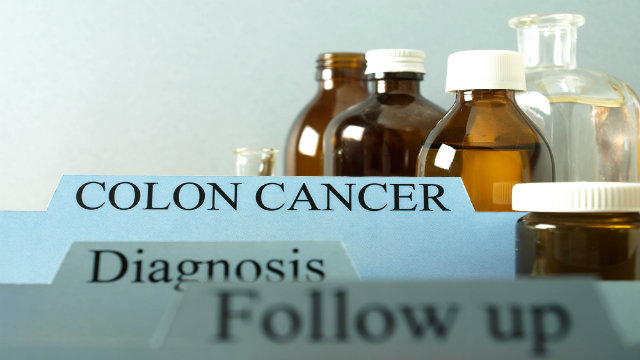Kas Thomas
Big Think Contributor
Kas Thomas is a longtime cognitive dissident and menace to sacred-cow-kind. A graduate of the University of California at Irvine and Davis (with degrees in biology and microbiology) and a former University of California Regents' Fellow, He has been a Technology Evangelist for Adobe Systems and currently operates Author-Zone.com, a resource site for indie authors.
Follow @kasthomas on Twitter.
The idea that Alzheimer’s is a form of diabetic disease has been gaining currency in medical circles for almost ten years. The accumulated evidence is now so strong that many […]
It wouldn’t seem as if leprosy, tuberculosis, and Crohn’s disease would have much in common. But increasing evidence points to all three diseases being caused by closely related species of […]
Caloric restriction (CR) has long been known to increase longevity (often dramatically) in a number of eukaryotic models, including yeast, fruit flies, nematodes, mice, and rhesus monkeys. It’s also well […]
Research into the health effects of cannabis have yielded a mixed bag (so to speak) of results. Predictably, studies that have looked for harmful effects have found them. But there […]
Biologists are, by and large, painfully aware of evolutionary theory’s shortcomings.
If you post something that others read, you should get paid. If you’re spied on, you should get paid. Conversely, if you access the work of others, you should pay.
It is known that diabetes brings with it a greatly elevated risk for a number of comorbidities. To this list, we now have to add elevated risk of cancer, as well.
Many characteristics of the sociopathic personality—charm, ambition and impatience, an ability to attack problems with cold-hearted logic (not letting emotions get in the way)—are useful to society.
Many depressed patients recover, with or without medical intervention, because that’s the nature of the illness. It comes and it goes.
New research suggests that gut bacteria may very well play a role in the development of rheumatoid arthritis and also underscores the importance of gut bacteria (which outnumber human cells ten-to-one) in keeping our bodies healthy.
It’s beginning to seem pretty clear that CRC is, at least in part, a bacterial disease.
Kas Thomas: The evidence is substantial enough that people should start thinking about taking substantial amounts of vitamin D as prophylaxis against cancers of all kinds.
There is a new treatment for C. diff infection that’s safe, effective, and has no known down side except that it’s disgusting to think about.
Drug companies are allowed to use (and do often use) active placebos in their studies. An active placebo is one that is biologically active, rather than inert.
The link between periodontal disease and heart disease is so well documented at this point as to not need further discussion, but evidence is also accumulating, and has been for […]
Colorectal cancer, which is on the rise in all developed countries and many developing ones, may turn out to be caused by a bacterium.
It’s not so well known that being overweight (not merely obese) brings with it a cancer risk.
There is a cheap, safe, chemopreventive agent for prostate cancer. It’s called selenium. But virtually nothing has been done to get the word out.
If you can’t make it in The Land of the Free, you’re defective—that’s the default assumption, the core belief that allows Americans who aren’t hurting, who aren’t unhappy with their lot, to cling to quaint mid-twentieth-century Walt Disney notions about the inherent wonderfulness of American life.
Even as the U.S. government continues to spend huge sums of money underwriting cancer research, public health agencies are failing to make people aware of a proven, well-tolerated, low-cost anti-cancer drug: aspirin.
Last week, the U.S. Food and Drug Administration, as part of a Notice of Proposed Rulemaking, released a report saying that menthol cigarettes likely pose a greater public health risk […]
If you read popular articles about antidepressants, it’s easy to get the impression that drugs like Prozac, Zoloft, Paxil, Celexa, Cymbalta, Luvox, etc. are primarily psychoactive drugs that specifically alter […]
Many neuropsychiatric ailments that are assumed to have a major genetic component don’t seem to have one.
If degree-of-blindness is measurable (which it is), then researchers should, in fact, measure it and disclose it as part of any study that’s purported to be “blinded.”
Modern technology has done nothing to make humans more humble. Quite the contrary. So secure are we in our confidence of our superiority to ancient cultures that discoveries like the […]
Long-term antidepressant use may be an invitation to diabetes.
The vastness of our scientific ignorance is especially evident when it comes to explaining how life arose on earth.
After almost a century, cancer is still the No. 2 cause of death in the U.S. Why?
Very early in my writing career I was fortunate to be able to spend three hours interviewing Linus Pauling (above), the only person in history to win two unshared Nobel […]
Can the scientific literature be trusted?





























